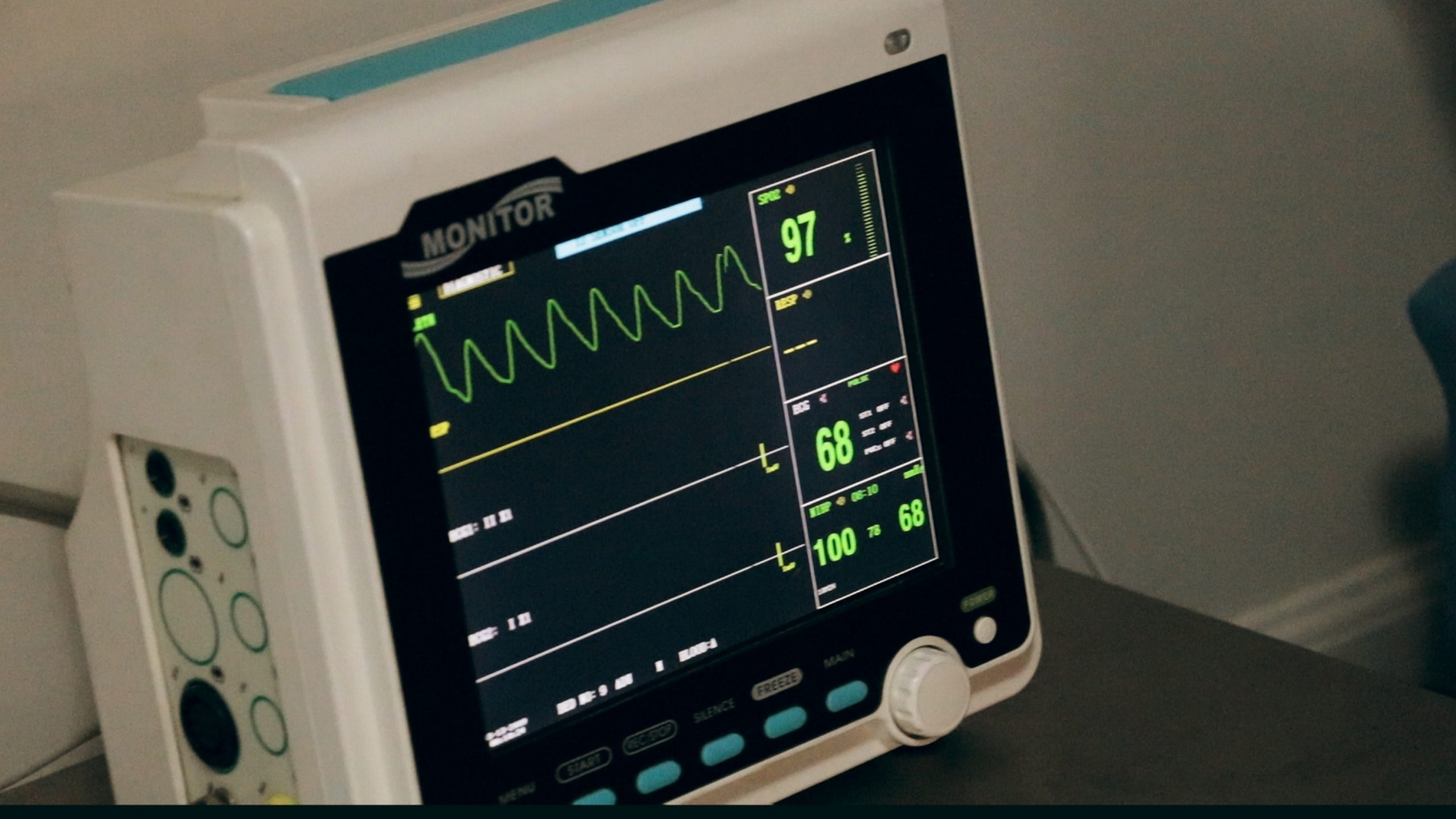Researcher Contact
Eloi Marijon
Centre de Recherche Cardiovasculaire de Paris (Inserm/Université de Paris)
Tél: +33 1 56 09 36 92
Nicole Karam
Centre de Recherche Cardiovasculaire de Paris (Inserm/Université de Paris) Tél : +33 01 53 98 79 61

© Jair Lázaro on Unsplash
Indirect consequences of the COVID-19 pandemic on the healthcare system and the management of other diseases are beginning to emerge. A study, sponsored by Inserm and conducted by Eloi Marijon at the Paris-Cardiovascular Research Center (Inserm/Université de Paris) in collaboration with Daniel Jost (Paris Fire Brigade), suggests that during lockdown the number of cardiac arrests in Paris and its suburbs had doubled compared with the same period in previous years. According to the authors, several hypotheses must be taken into consideration, such as healthcare system saturation and occasional disruptions in patient monitoring during lockdown. This study published in The Lancet Public Health is based on data from the Paris Sudden Death Expertise Center.
The impact of the COVID-19 pandemic on the organization of the healthcare system and the management of other diseases remains difficult to estimate, but initial data is beginning to emerge. Since March, significant efforts have been made to track, as precisely as possible the deaths directly linked to COVID-19, but other causes of death with more indirect links to lockdown and the reorganization of healthcare systems during the crisis have, until now, been less well documented.
A study by Eloi Marijon and Nicole Karam at the Paris-Cardiovascular Research Center (Inserm/Université de Paris) in collaboration with Daniel Jost (Paris Fire Brigade) published in The Lancet Public Health has evaluated the impact of the pandemic on the number and prognosis of cardiac arrests occurring in Paris and its suburbs.
During the six weeks studied by the researchers, 521 out-of-hospital cardiac arrests were identified in Paris and its suburbs, or a rate of 26.6 arrests per one million inhabitants. Between 2012 and 2019 of the same period, this rate was 13.4 cardiac arrests per one million inhabitants.
Although there has been little change in the demographic profile of the patients, the study suggests that there had been drastic changes in the initial management and immediate prognosis of these cases during lockdown. Over 90% of the cardiac arrests occurred at home, with bystander less inclined to initiate cardiopulmonary resuscitation (CPR) and with longer intervention response times despite empty roads. This resulted in a lower survival rate of patients on arrival at hospital. During the lockdown period explored by the researchers, only 12.8% of the identified patients were alive on admission, versus 22.8% in the same period in previous years. “Over the previous nine years, we collectively worked to develop this database, which is updated more or less in real time, and upon which this new study is based. Out-of-hospital cardiac arrest is a particularly interesting multifactorial marker, which enables us to evaluate the extent to which the entire community has been impacted by this pandemic”, explains Marijon.
The authors were able to estimate that around 33% of the increased number of deaths observed is directly linked to COVID-19.
“Amid the easing of lockdown, our findings help to understand the consequences of this crisis, and the lessons to learn, so that we can react better in the event of a second wave. Our findings reiterate that it is necessary, more than ever, to find a balance to ensure that both the epidemic is managed and other patients are monitored. This concerns us all”, concludes Karam.
Eloi Marijon
Centre de Recherche Cardiovasculaire de Paris (Inserm/Université de Paris)
Tél: +33 1 56 09 36 92
Nicole Karam
Centre de Recherche Cardiovasculaire de Paris (Inserm/Université de Paris) Tél : +33 01 53 98 79 61
Out-of-Hospital Cardiac Arrest During the Covid-19 Pandemic in Paris, France: A Population-Based, Observational Study
Prof. Eloi Marijon MD; Nicole Karam, MD; Daniel Jost, MD; David Perrot, MD; Benoit Frattini, MD; Clément Derkenne, MD; Ardalan Sharifzadehgan, MD; Victor Waldmann, MD; Frankie Beganton, MS; Kumar Narayanan, MD; Prof. Antoine Lafont, MD; Wulfran Bougouin, MD, Prof. Xavier Jouven, PhD; On behalf of the Paris-Sudden Death Expertise Center (Paris-SDEC) Investigators.
The Lancet Public Health, 27 mai 2020